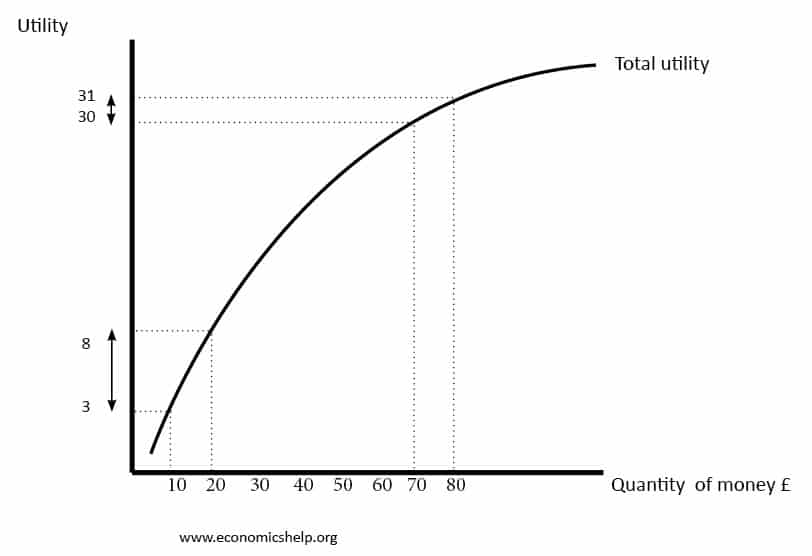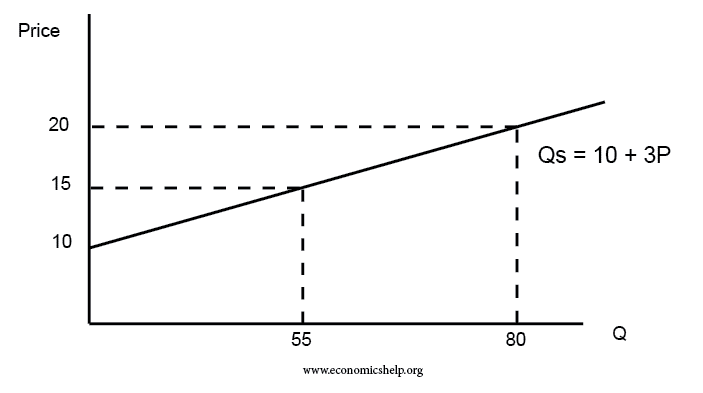Distributive Efficiency Definition
Distributive efficiency occurs when goods and services are consumed by those who need them most. Distributive efficiency is concerned with an equitable distribution of resources because of the law of diminishing marginal returns. The Law of diminishing marginal returns states that as consumption of a good increase we tend to get diminishing marginal utility. For …


